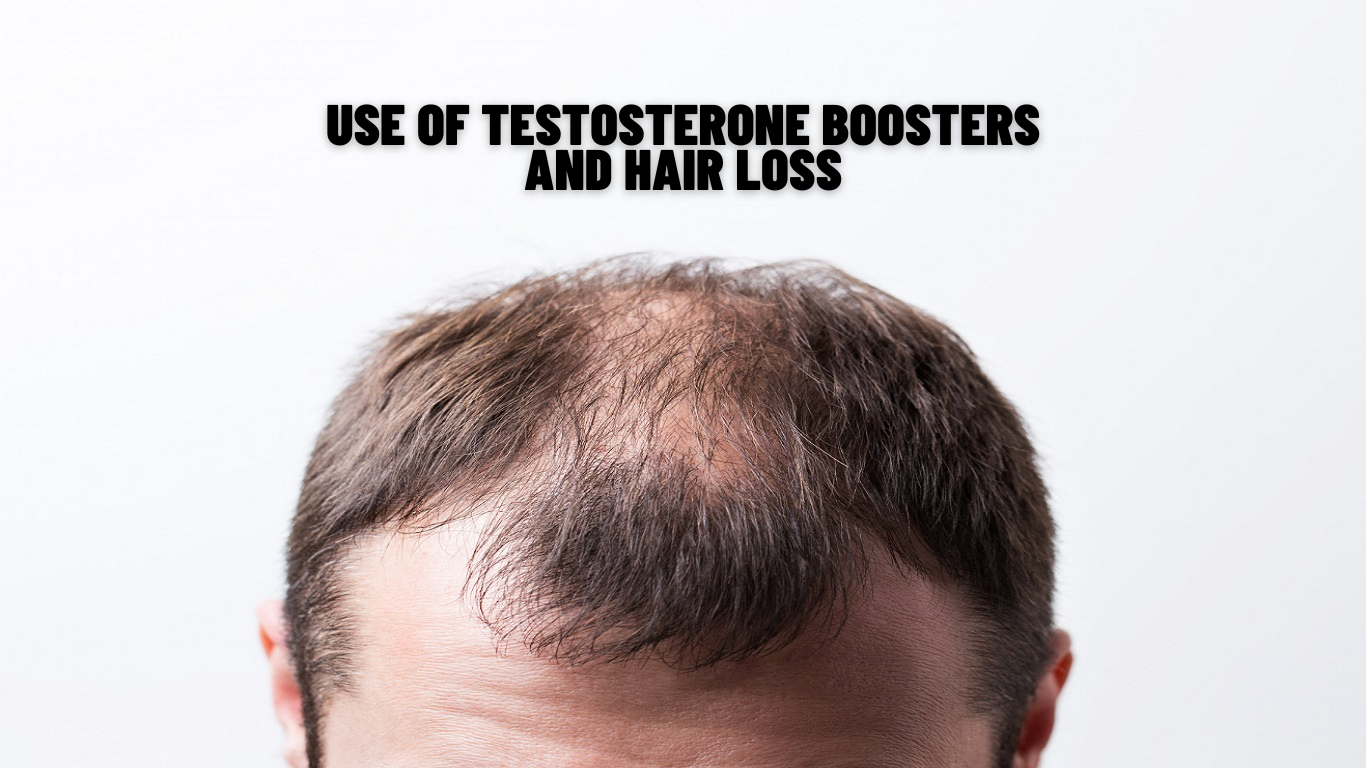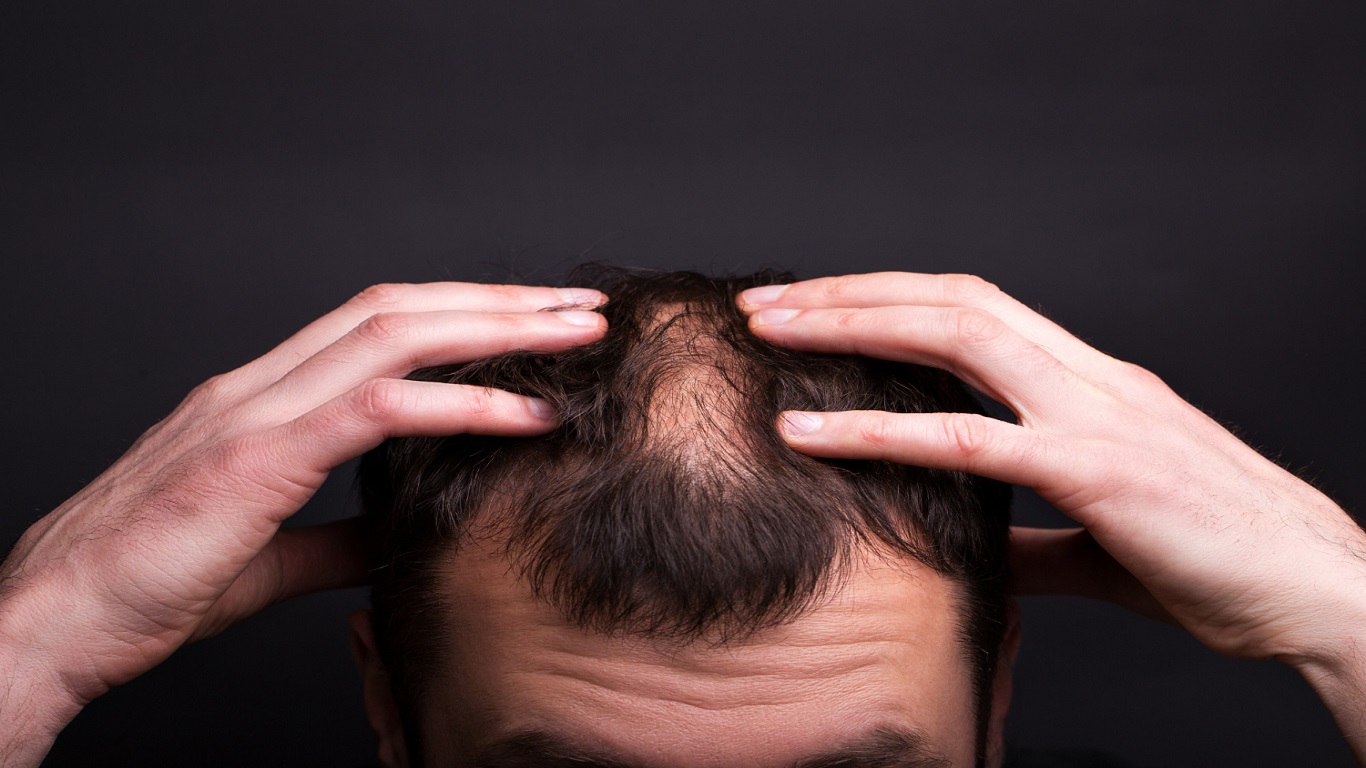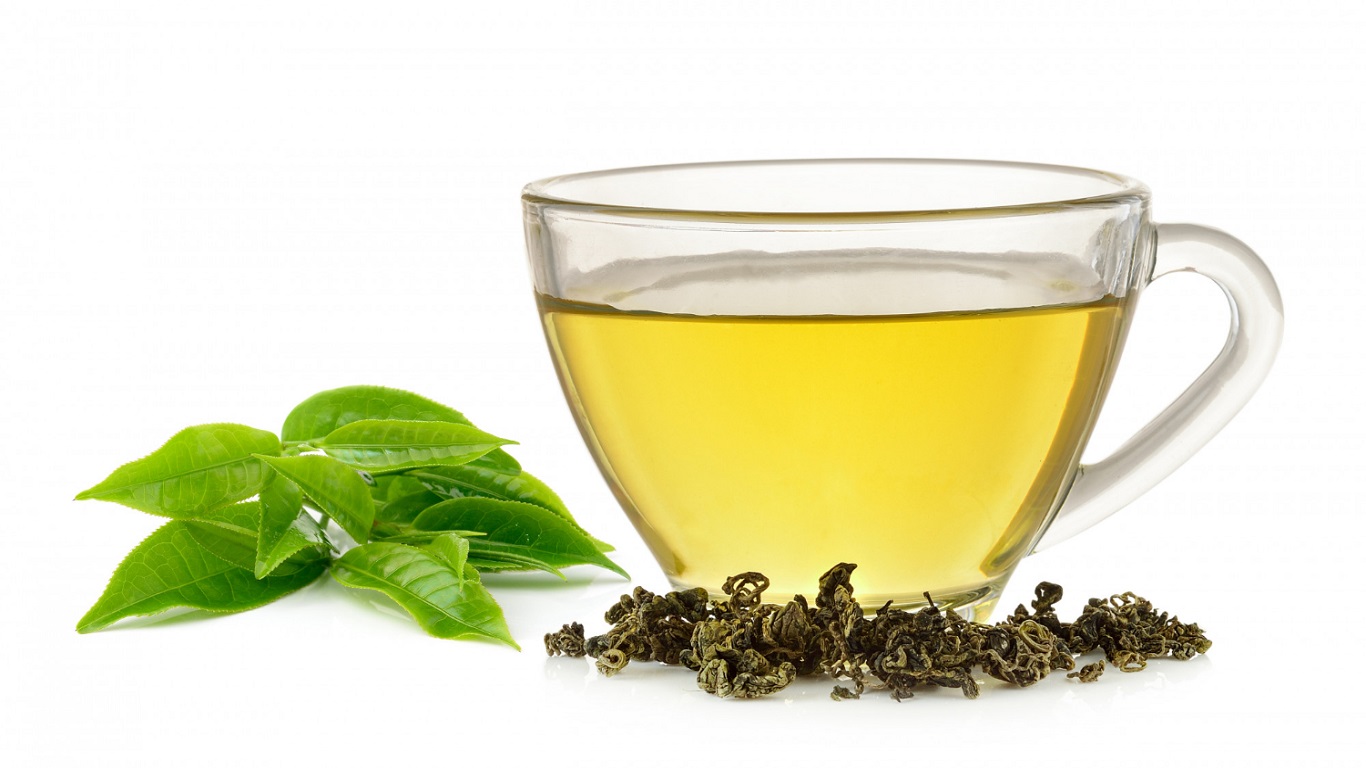Does Use of Testosterone Boosters Result In Hair Loss? Know Science

Hairfall in men can occur for several reasons; one of the significant ones could be low testosterone. Male pattern baldness, also scientifically termed ‘male androgenetic alopecia’, is a condition in which men begin to lose hair as they age. According to the research, nearly 30% to 50% of men aged 50 and above experience loss of hair, and as high as 80% of them in the age group 80 and above. While receding hairline or bald patch on the scalp is one of the most common hair issues in men, it can be quite unsettling for some people. Eventually, it starts affecting their self-confidence and even quality of life.
Now given that hair loss might have a connection with low testosterone, let’s find out if testosterone boosters can help reduce the effect.
Does Testosterone Boosters Reduce Hair Loss

It can be challenging to give a definite answer as to whether testosterone boosters can prevent hair loss. While testosterone plays a key role in hair growth in men (including body and facial hair), hair loss from the scalp can be caused due to several factors. Therefore, the connection between male pattern baldness and testosterone boosters is attributed to your testosterone levels.
For instance, if your testosterone levels are just fine, then taking testosterone boosters will not influence your hair- neither would it prevent your hair loss nor can it stimulate hair growth. The implication here is that, in this case, the reason for your hair loss is something else, and it is important to diagnose the underlying cause so you can opt for the proper treatment.
On the other hand, given that one of the symptoms of low testosterone in men is loss of hair, if you take testosterone boosters to regulate the hormone levels, the boosters will also reduce or slow down the male pattern baldness by decelerating hair loss.
Investigating further the connection between the use of testosterone boosters for reducing hair loss, We came across a study in which more than 280 women suffering from thinning of hair and androgen deficiency were given testosterone treatment for at least 1 year. In a self-evaluating survey after the completion of the therapy, around 63% of the test subjects said they had hair growth on their scalp, and 93% of them also reported some increase in facial hair. The study thus demonstrates that testosterone is indeed associated with hair growth. This means effective testosterone boosters may be beneficial for hair loss.
Another review study also backed this up confirming that androgens like testosterone, and dihydrotestosterone (DHT) influence specific areas of the body including the hair on the scalp. However, it is important to note that excessive DHT can also have adverse effects, leading to the shrinking of the hair follicles. We specified earlier that testosterone boosters may reduce hair loss only when your testosterone levels are low.
That said, all the above data indicate that testosterone boosters may reduce hair loss and trigger hair growth by improving the testosterone levels in the body. It is also important to note that a few ingredients have been associated with hair loss. Let’s take a look at the list below.
Ingredients In Testosterone Boosters Linked With Hair Loss
Almost all the good testosterone supplements that can effectively regulate testosterone levels may slow down hair loss. However, to some extent, it also depends on the ingredients used in the formula. While all the testosterone-boosting foods, in general, may help control your hair fall and promote hair growth, some ingredients are particularly proven to be beneficial:
Ginseng

Ginseng is one of the most potent testosterone-enhancing ingredients and forms a key component in several top testosterone boosters in the market today. Aside from its key role in men’s health, it has also been beneficial for hair. Studies have shown that ginseng has phytochemicals and metabolites that can promote hair growth and prevent hair loss. So if you are looking for solutions to control your hair along with regulating your testosterone levels, look for a testosterone booster with ginseng in it.
Saw Palmetto

While Saw Palmetto isn’t quite popular, a few supplements use it for its benefits associated with male health. One of the comprehensive meta-analyses shows that this herb has the potential to decelerate hair loss and promote hair growth.
Green Tea

The benefits of green tea as a health supplement and testosterone regulator are widely popular. It contains a chemical substance called Epigallocatechin Gallate Compound (EGCG) which aside from maintaining a healthy testosterone level, also prevents DHT-mediated hair cell death thus reducing hair loss. Green tea forms a major part of various testosterone boosters like TestoPrime, among others.
So, if you are particularly worried about hair loss as a result of low testosterone, then you might find it beneficial if you pick a testosterone booster that has one or more of the above ingredients in its formula.
Various Factors Causing Hair Loss
As mentioned earlier, there can be various reasons behind hair loss, and testosterone deficiency is just one of them. If your testosterone levels are normal, then there is likely some other reason behind the loss of hair that you need to figure out. Here are a few other potential factors that can lead to hair fall and bald patches:
Conclusion
In conclusion, the link between the use of testosterone boosters and hair loss is a delicate subject. While testosterone does play a crucial role in reducing hair fall and promoting hair growth, as demonstrated by a few scientific studies, excessive presence of the hormone can affect adversely. Therefore, testosterone boosters may help in controlling hair loss or at least slow the process, only when your testosterone levels are low. Overuse or unnecessary use can be detrimental to health, including hair health.
That said, if you are particularly looking for a solution to reduce testosterone-associated hair loss, it is important to sustain a balance between taking testosterone boosters and following a healthy lifestyle with hair-promoting diets, good sleep, and exercise. In the end, do not hesitate to consult a healthcare professional if need be.
